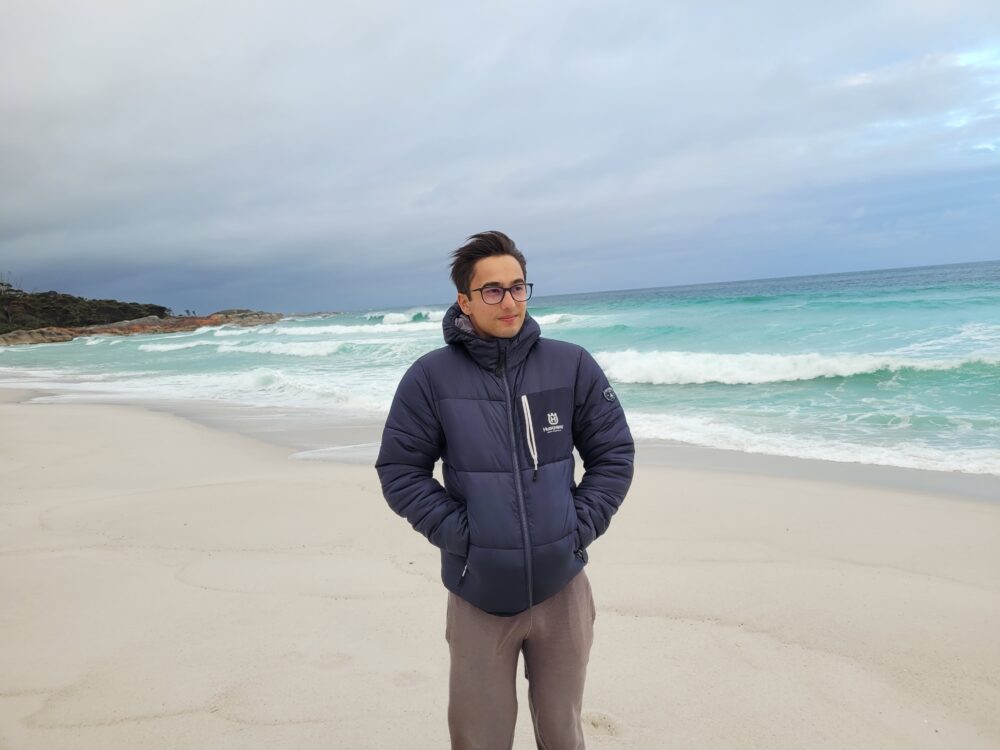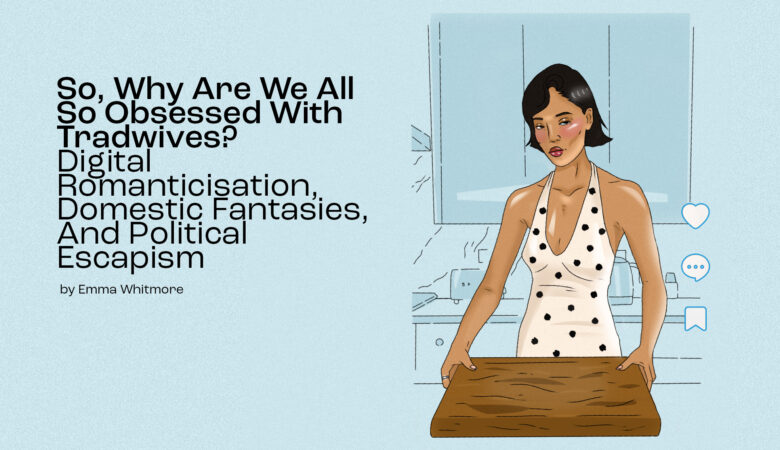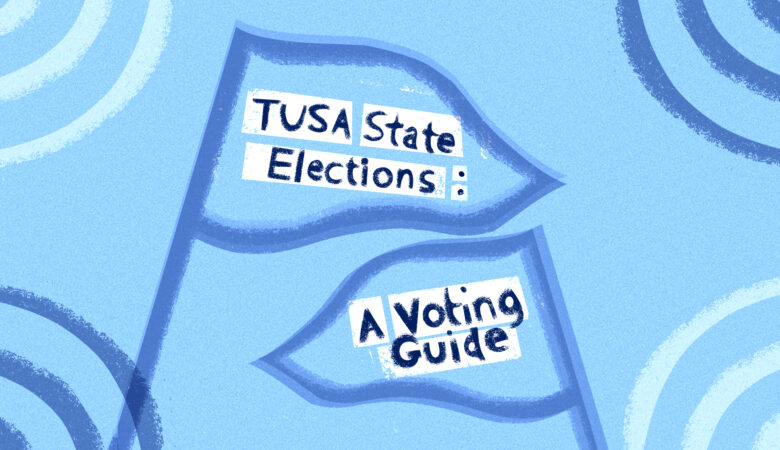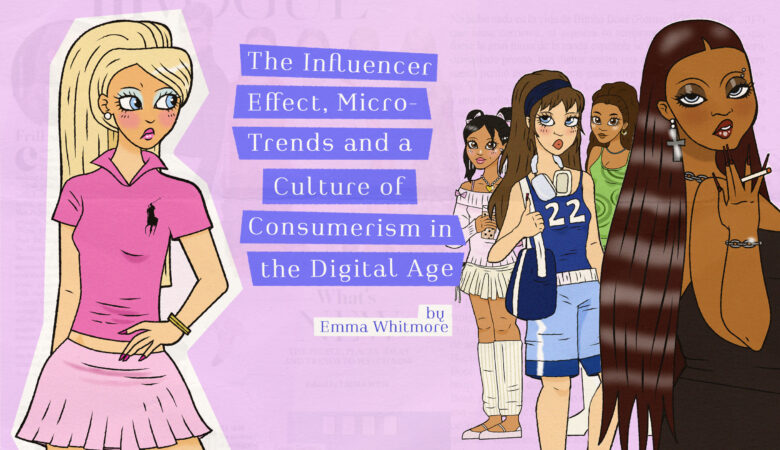1. What are your motivations behind running?
My motivations behind running are to secure the future of our education. I don’t want to have put five years of my life into a double-degree only to find that its quality is not sufficient for the real world. This is a concern that many of us have. This concern is contributing to the brain drain of UTAS and Tasmania more generally. I believe UTAS and Tasmania have great potential but it is being squandered by a concentrated effort from the top to scrape out as much teaching out of our degrees as they can get away with. The UTAS model currently is to provide as little education for the maximum amount of fees and HECS debt. I believe UTAS is leveraging its position as the only provider of tertiary education in the state to get away with this. I believe this is unconscionable and will fight against this.
2. What do you see as the biggest issues at UTAS currently?
The biggest issues I see at UTAS at the moment are the culture at the top of not listening to student and staff voices. This is apparent from the constant blanket imposition of policies that undermine education despite strong staff and student protest. Most recently this is shown in the proposed blanket implementation of the lectorial (10 mins lecture content and 40 mins group work) to replace all our lectures. This culture takes form in other areas as well, for example, where Rufus Black said that he would ignore the outcome of the elector poll on the move to the city. It is extremely worrying when UTAS markets itself as a centre of learning and simultaneously undermines quality education at every turn. UTAS has appeared to have forgotten that it is an educational institution and believes it is a property developing corporation.
3. What would be your priorities as Education President – Undergraduate?
My priorities as Education President – Undergraduate would be to secure lasting quality education. This quality education must be lasting so UTAS knows that it can not get away with appeasing one cohort, only to undermine the next. Year groups should not have to begin every semester with a fight for education. A wise man (Miles Kahles) put it best when he said ‘it’s just bullshit that we have to simultaneously do our degrees while also fighting for quality education’. Another of my key priorities is to bring back a university atmosphere. Our university years are marketed to us the best years of our lives with a vibrant social scene and bubbling campus atmosphere. However my time at UTAS has not met this expectation at all. While COVID did have a role, even before COVID, UTAS campus life was in decline. Now it is a ghost town with no sense of being in a place where things are happening. This is depressing and contributes to more people not coming onto campus. How are we meant to meet the people and make the connections that we are going to need in our professional lives if no one is on campus?
4. How would your experience in TULS benefit you were you elected?
My experience on TULS has helped me because we have actually had some victories in our fight for quality education. At the start of semester one we had a dean who represented everything wrong with UTAS. He stripped down the content of our units, gave us unqualified lecturers and suppressed all dissent with an iron fist. TULS under the leadership of Fletcher Clarke fought back through a sustained campaign of media releases, stakeholder involvement and threatened strikes. This campaign culminated in the first ever toppling of a dean in the history of the law school. My involvement in assisting coordinating this sustained pressure gives me the experience to take this to the next level and implement it university wide.
5. What do you think needs to change in TUSA?
I believe that TUSA needs to get its voice heard more. TUSA are the first to acknowledge that they have a marketing problem. This translates into students feeling that they don’t have a body to represent them. I believe TUSA needs to be on the ground more, working at the grassroots level to bring about the changes that we all desire.
6. What steps would you be prepared to take to ensure students voices are heard?
I will follow a tried and tested method to implement the changes that we desire. Getting all student opinions and voices is a fundamental preliminary step to any campaign. Raising issues with professional teaching staff, getting solidarity with the qualified staff to have a solid coalition is a critical first step. Bringing in stakeholders in the profession is another key step to add weight to any campaign for quality education. At the end of the day, people working in the profession have a vested interest in the quality of the students coming out of UTAS being satisfactory. Bringing in the media puts sustained pressure on the leadership of UTAS and gets more and more people talking about the issues we face and how to fix them. Finally, comprehensive and targeted strikes should be employed where all other avenues have failed. These strikes need to be en masse to ensure their effectiveness. As we found in law, the mere threat of general strikes and walkouts was enough to topple a dean, the first time this has happened in the history of the law school.
7. Do you think TUSA should be apolitical?
I believe that TUSA has unique potential to be a specialised body to represent and project student activism. UTAS has 38,000 students, this creates the potential for a powerful body for meaningful change. The culture of student activism of the past has been watered down to the point where it is unrecognisable. Student unions used to be the centres of revolutionary thought and the beginning of meaningful change but this has sadly petered out. I believe that it is impossible for any organisation to be completely apolitical. Having said all this, I believe that TUSA needs to be extremely careful to ensure that it represents all students and does not suppress the rights and voices of minorities. Ensuring that TUSA is a grassroots organisation will assist in addressing this concern. 8. I am a fourth year Arts-Law student. I have a keen interest in politics, geography, history, science, economics and learning in general. I would like to do my bit to change the world and make it a better place. After I finish my degree I will likely do legal practice and try to find a job in the legal profession. I have a particular interest in corporation and competition law. If I find a job in this area, I would like to hold the large corporations to account through the mechanism of the law. Outside of careers, I would like to travel the world and gain a better understanding of peoples’ histories and cultures. I believe that there is only so much you can learn from books, papers and videos. Having gained real world experience, I may try to enter politics, if it appears to be the best avenue to change the world for the better.







